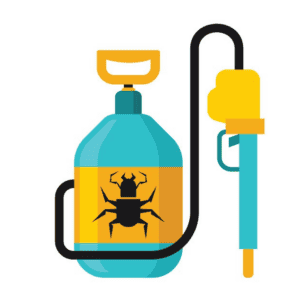Computers and smartphones are becoming more and more of an aspect of everyday life. The more we’re online, the more we need to make sure we’re protecting ourselves and our data from potential scammers and hackers. In honor of Data Privacy Day (January 28), let’s take a look at the different ways we can protect ourselves online. This will be a two-part series; next week we’ll look at common signs that your data has been compromised and important steps to take to minimize the damage online scammers can do.
Keeping your information safe
- Sharing Information
- Know who you share information with.
- Be careful what information you share online and on social media.
- Only open emails and files from people you know and trust.
- Ask questions before deciding to share personal information.
- Do you have an account with the bank or institution contacting you?
- Does the sender’s email address match the company the email claims to be from?
- Is the email overly generic?
- Are there spelling and/or grammar errors?
- Is the offer too good to be true?
- Don’t click on any links in suspicious emails- even links to unsubscribe
- Delete emails with subjects that look like spam or emails that come from people you don’t recognize.
- Passwords
- Make sure to use passwords that scammers wouldn’t be able to guess easily.
- Don’t share your passwords or display them where they can be seen.
- Sensitive materials
- Don’t keep financial information on your computer.
- Store and dispose of your personal information securely.
- Make sure to shred sensitive mail before throwing it away.
- Make sure to fully erase your information and data from computers and smartphones before donating them.
General computer tips
- Maintain appropriate security on your computers and other electronic devices. (e.g., using a secure browser, firewall, and up-to-date antivirus software).
- Make sure you have security software on your computer and that it’s up to date.
- Set software to update automatically if possible.
- Back up your computer regularly so you don’t lose anything important.
- Use multi-factor authentication. This is an extra security step such as a fingerprint, a PIN, or a security question.
- Delete emails with subjects that look like spam or emails that come from people you don’t recognize.






